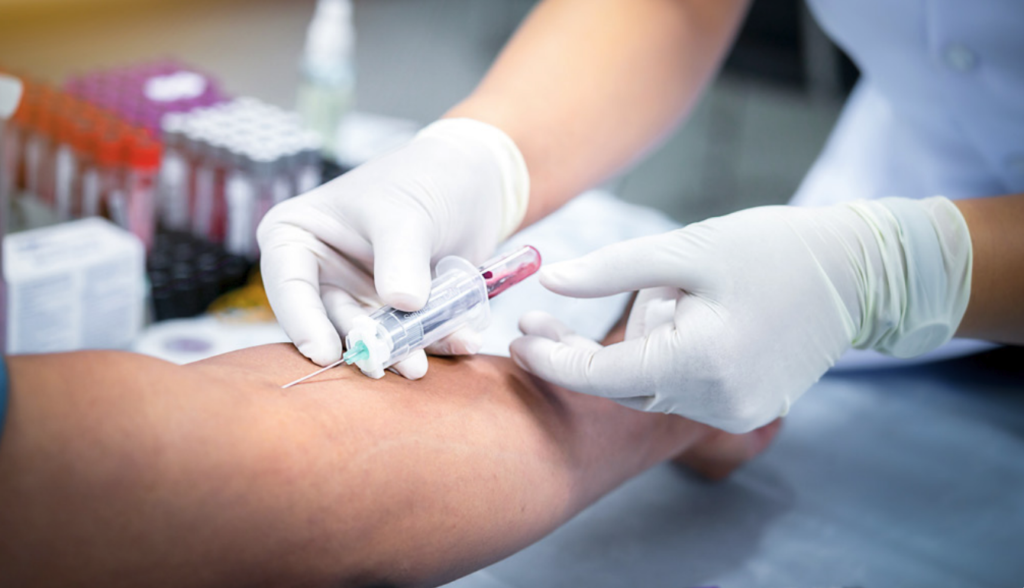
What You Should Know:
– A recent survey by Tasso, Inc., a provider of patient-centric blood collection solutions reveals 33% of patients delay or avoid diagnostic blood tests, with the top reasons being inconvenient testing locations and discomfort during blood collection.
– The survey, Patient Preferences, Perceptions, and the Evolving Challenges of Ensuring Patient Compliance With Diagnostic Healthcare Testing, which polled over 600 adults in the U.S., highlights significant challenges with the current blood collection process and underscores the need for innovative solutions to improve patient experience and compliance.
Inconvenience and Discomfort Hinder Compliance
The survey found that one in three patients delay or avoid diagnostic blood tests due to inconvenience and discomfort. Key findings include:
- Inconvenient Locations: Patients are unwilling to travel long distances for blood tests, with 69% unwilling to travel more than 10 miles from home.
- Scheduling Challenges: The most common reason for delaying a prescribed blood test is difficulty scheduling time for a clinic visit.
- Fear of Needles: 37% of respondents reported a fear of needles, a significant barrier to completing blood tests.
- Pain and Anxiety: 78% of respondents experience anxiety associated with blood draws, and 87% report some level of pain during venipuncture.
Demand for Patient-Centric Solutions
The survey also revealed a strong demand for solutions that improve the patient blood collection experience:
- Willingness to Pay: 76% of respondents who experience pain during venipuncture are willing to pay out-of-pocket for less painful options.
- Interest in Home-Based Testing: 74% of respondents expressed interest in using painless home blood collection technology.
- Prioritizing Painlessness and Convenience: The top reasons for interest in home-based blood collection were painlessness and convenience.
The Rise of Home Health Testing
While 73% of respondents have purchased a home health testing kit, only 15% have completed a home blood test. This suggests a lack of awareness and familiarity with available home blood collection options.
“This survey validated our assumption that the painful and often inconvenient process of blood collection frequently leads to patient non-compliance and missed care,” said Ben Casavant, PhD, CEO and Co-Founder of Tasso. “Disrupting this model is crucial, as routine blood tests can detect critical health changes early. While patients are more familiar with home testing post-COVID, few have had access to home blood test kits. Offering a painless, at-home option could significantly improve compliance, especially for those with limited access to healthcare facilities.”

